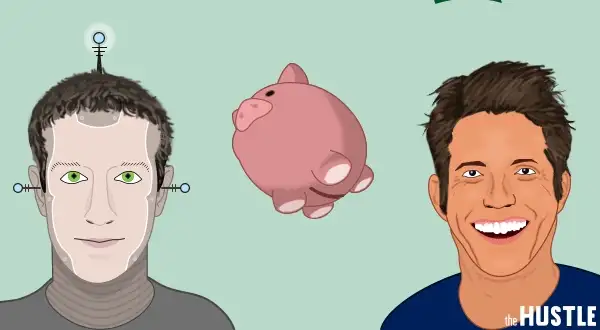Backlash is growing against a recent trend in charitable giving amongst founders from Nick Woodman (GoPro), to Reed Hastings (Netflix), to Mark Zuckerberg (you know him).

The foundations of choice are called “donor-advised funds,” or DAFs, and from 2012 to 2016, they’ve grown 4x faster than individual giving — totaling $23B in contributions in 2016.
What’s wrong with people getting in the giving mood?
Well, opponents argue that DAFs allow mega donors to reap massive tax benefits, with almost no accountability.
Funds with benefits
Essentially, a DAF allows donors to set up a tax-advantaged charity account, without having to disclose details about how they allocate the fund money.
Case in point: When GoPro IPO’d, Nick Woodman gifted a large amount of his $500m in company stock to the “Woodman Foundation,” managed by Silicon Valley Community Foundation (which currently oversees $13.5B in assets — more than the Ford and Rockefeller Foundations combined).
But, 4 years later, The New York Times notes that the Woodman Foundation has no website and there is no record of grants by the foundation to nonprofits aside from a donation to the “Bonny Doon Art, Wine, and Brew Festival.”
You get what you give
Donating allowed Woodman (and many other founders on the verge of a large cash or stock windfall) to avoid paying capital gains tax on his $500m worth of stock, likely saving him “tens of millions of dollars” per Forbes’ estimate.
And, while Woodman’s tax savings were pegged to GoPro’s shares at their all-time high ($95 in 2014), the value of his fund tumbled to less than $6 a share in 2018.
Now Congress is stepping in
Congress and the IRS has requested reform proposals for charitable organizations like DAFs.
Proposed solutions including requiring DAFs to distribute their funds within a certain number of years, delaying donor tax benefits until funds are paid out, and changing the dividend incentives for fund managers.
As for the mega funds? They just want everyone to “acknowledge their self-policing efforts.”

